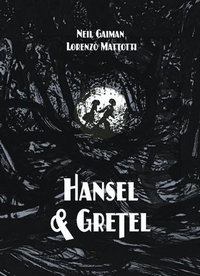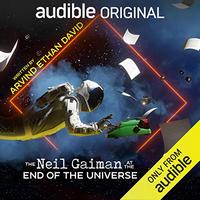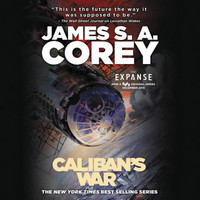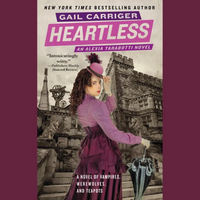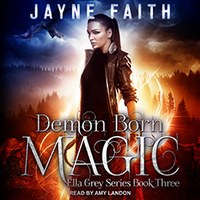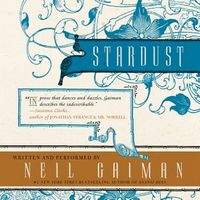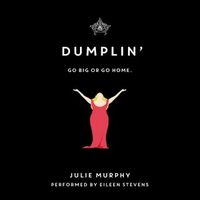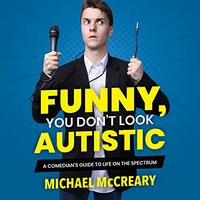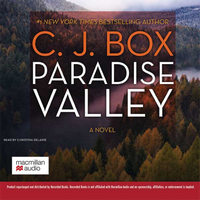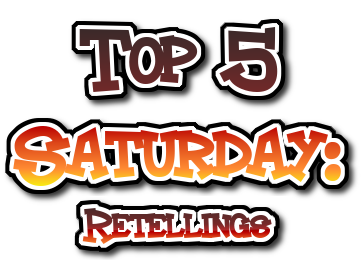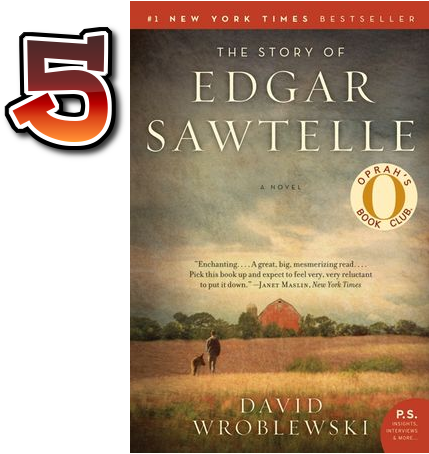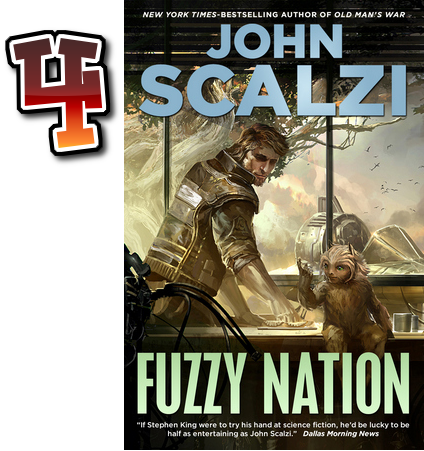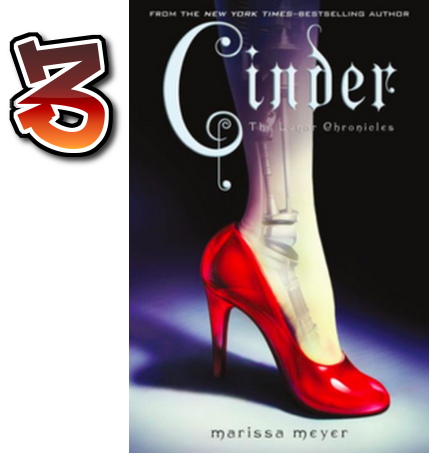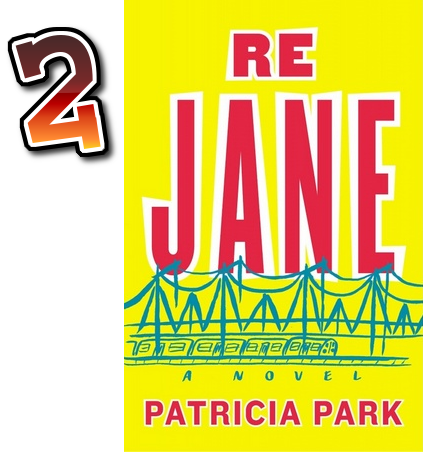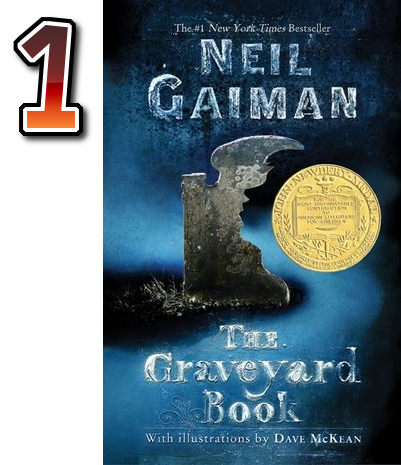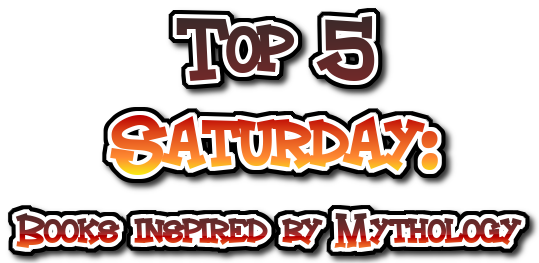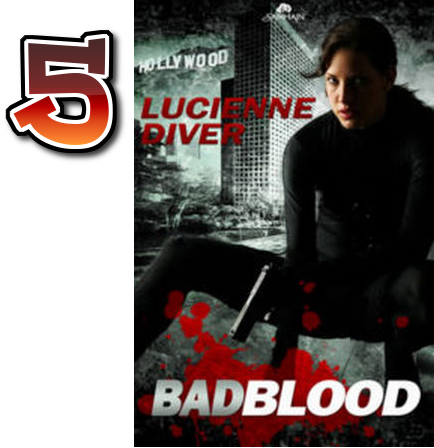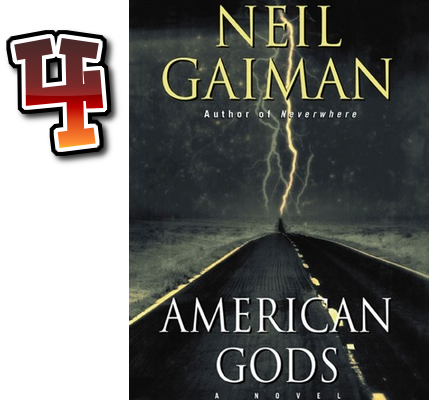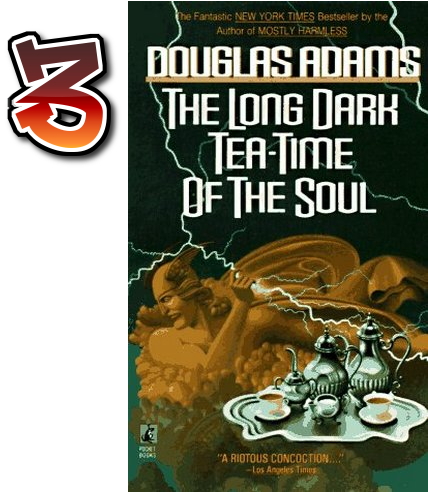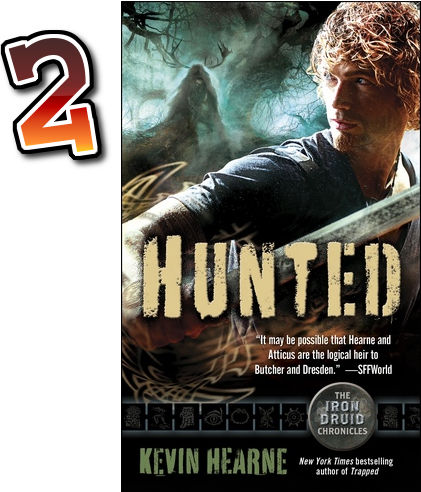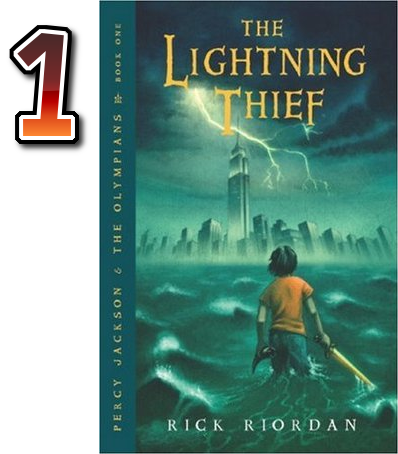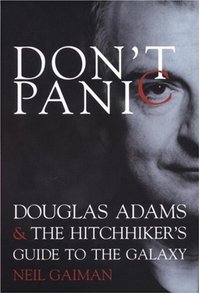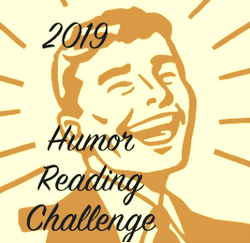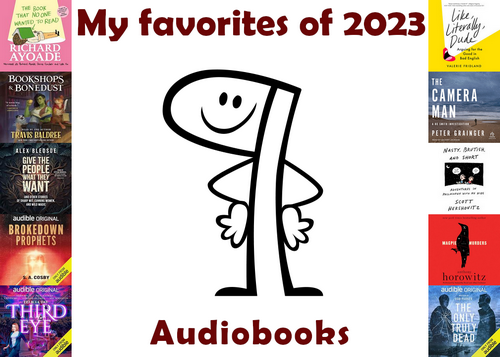
How do I keep this from being just a rehash of my other year-end lists? By focusing on the audiobook experience over the content. What was it like to listen to it? How engaging was it, how did the narrator do? Was it a good match in terms of tone, content, and performance? All of these books are/were good—but the audiobooks are a bit better because of the narrator and the rest of the people involved in the production.
I’m very annoyed at how few of these I wrote about (if only because it means I had to think more about this post than I wanted to).
(in alphabetical order by author)
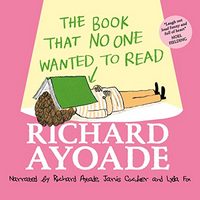 The Book That No One Wanted to Read
The Book That No One Wanted to Read
by Richard Ayoade
Narrated by Richard Ayoade, Jarvis Cocker, Lydia Fox
My original post The narration was great—Ayoade and Cocker were fantastic, Fox was probably as good, but didn’t get the best lines, so her work doesn’t stand out as much in my memory (although my original post suggests I forgot something great). This is one of those multi-narrator audiobooks where all the narrators are equally good—capturing the spirit and tone of the text and bringing it to life. This is a sweet little story “written by a book” about a lonely book in a large library. It’s goofy and strange, the humor is occasionally dry, it’s imaginative, it’s affirming and encouraging, it wraps you in a blanket of fun and makes you feel good.

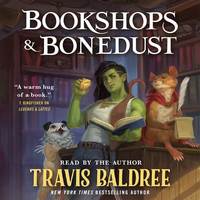 Bookshops & Bonedust
Bookshops & Bonedust
Of course, audiobook narrator-turned-author Baldree puts together a really strong audiobook. How could he do anything else? This is a sweet and (mostly) cozy little read taking place many years before Baldree’s breakout Legends & Lattes and sets the stage for Viv’s choices when she decides to retire from the mercenary biz. Here at the beginning of her career, she’s laid up for a few months in a small little town where she makes some friends, learns a lot, discovers that she can appreciate reading (when given the right book), and faces of against a deadly foe. It’s a very pleasant experience that will leave you wanting more like it.

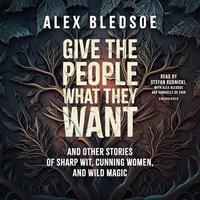 Give the People What They Want and Other Stories of Sharp Wit, Cunning Women, and Wild Magic
Give the People What They Want and Other Stories of Sharp Wit, Cunning Women, and Wild Magic
by Alex Bledsoe, Narrated by: Stefan Rudnicki, with Alex Bledsoe and Gabrielle de Cuir
This collection of short stories and a novella is just a great time. You start with short pieces in two of my favorite series, an interesting sample of another series, a couple of other things, and then a Zombie story that I really got into (no, really). Rudnicki did his usual bang-up job, de Cuir didn’t get enough to do (but was good with what little she had) and it’s always nice to hear from the author. I don’t know if it’ll work for people who aren’t fans of a series by Bledsoe, but it just might convince the listener to try one or two of them (and I’d heartily encourage that, too).

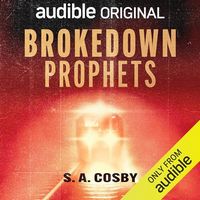 Brokedown Prophets
Brokedown Prophets
by S.A. Cosby and a full cast too long to list here
Cosby is a name you should expect to see again before I finish with this look back at ’23 (and likely at least once more this year). The performances that bring the Audible Original to life are fantastic. This is a dark tale of hope, desperation, and the opportunity to make a new life for yourself. It’s also violent, bloody, and likely to end poorly for all involved. The Russian assassin is one of my favorite characters of the year—it’d be easy to have made him a joke, but the performer and Crosby won’t let you write him off like that.

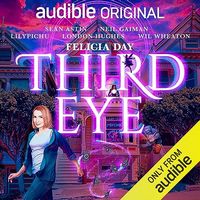 The Third Eye
The Third Eye
by Felicia Day, and a full cast including Sean Astin, Felicia Day, Neil Gaiman, LilyPichu, London Hughes, and Wil Wheaton (and many others)
This was simply gobs of fun. Gaiman is just fantastic (no surprise there, I realize), Day plays the adorkable card like only she can, although Astin’s vampire comes close. Wheaton can play a jackwagon like nobody’s business, and…okay, I’m going to go on too long here (I really should’ve written a full post on this by now so I could’ve). You’ve got fun ‘n games with The Chosen One trope, satire and celebration of Urban Fantasy tropes and themes, some good action, and strong friendships. And a cheerful, optimistic feel that makes you just want more time in this world—even if there’s no story to be told (it’s even better during these almost 7 hours, though, because there is one).

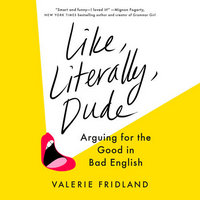 Like, Literally, Dude: Arguing for the Good in Bad English
Like, Literally, Dude: Arguing for the Good in Bad English
by Valerie Fridland, Narrated by Valerie Fridland, Joniece Abbott-Pratt, Keylor Leigh, Andrew Eiden, Christopher Ryan Grant, Ellen Archer, Eileen Stevens, and Nicky Endres
I’m a sucker for entertaining books about language, grammar, etc. Fridland’s apologetic for “Bad” English drives my inner prescriptivist, up the wall—but she joins the growing number of writers who are sealing up that prescriptivit’s coffin. How good is this book? Her chapter (or maybe it was a section of a chapter) on “Um” and “Uh” was fascinating. If she can pull that rabbit out of a hat, imagine how good she can be when she talks about the use/overuse of “like,” the history of “Dude,” or the figurative use of “literally”—and so much more. I spent most of the time listening to this book just geeking out in a way that made me regret not becoming a sociolinguist myself.

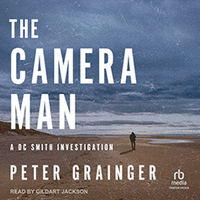 The Camera Man
The Camera Man
by Peter Grainger, Gildart Jackson (Narrator)
It’s not surprising to see a Grainger/Jackson pairing on this list—they’re behind what is probably my favorite audiobook series (I refuse to read a book in this series as long as Jackson is recording them). The Camera Man shows that the idea of DC Smith, PI has legs. The first book about him as a PI was very much a “Can he adjust to not being a police detective to help out a friend?” This is “Can DC act as a PI?” And the answer is a resounding Yes! There’s good material with Jo and the Diver siblings. But most of the joy just comes from Smith digging into the case. Just like the old days, but different. Loved it.

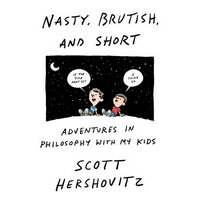 Nasty, Brutish, and Short:
Nasty, Brutish, and Short:
Adventures in Philosophy with My Kids
My original post
This was a great listen—Hershovitz is the kind of lecturer you want to pay attention to (or so imagine based on this). This book succeeded on multiple fronts: it was frequently amusing, if not downright funny; it was educational; it was insightful (even when I disagreed with what he did with the insights); it was thoughtful; it offered (largely by example, not being didactic) good parental advice; and kept this particular listener fully engaged throughout. Just what you want from an audiobook.

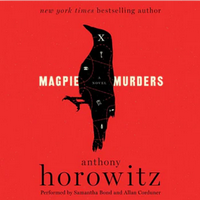 Magpie Murders
Magpie Murders
by Anthony Horowitz, narrated by Samantha Bond, Allan Corduner
This book has been on my to-read list for a long time, but I kept not finding time for it. I finally gave up on going with the paper version and picked up the audio from the library. What a fantastic book! The concept was great, the hook was gripping, the execution was dynamite, the narration was spot-on, the….the…ugh. I’m just listing superlatives at this point. Which is pretty much why I haven’t finished my post about it (despite starting 11 months ago)—words fail me. Just loved this.

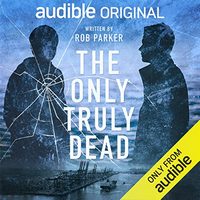 The Only Truly Dead
The Only Truly Dead
by Rob Parker, Warren Brown (Narrator)
My original post
So Warren Brown is just a fantastic narrator and fits the material perfectly—one of the best matches of voice and text I can remember. Parker’s text was everything I could’ve hoped for—everything he’s been building up over the previous two books gets paid off in a dramatic and compelling fashion. It’s a mix of hope and darkness, and a reminder that both have lasting effects.

![]()


